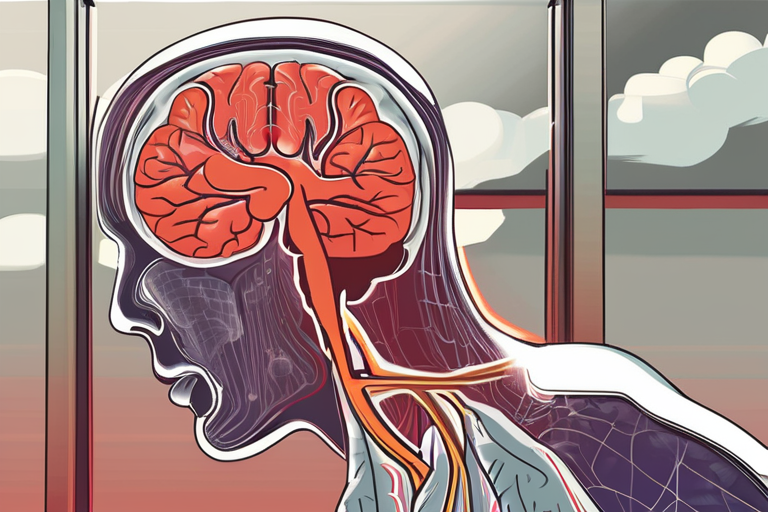Lung Inflammation Triggers Traumatic Memories, Fueling PTSD Cycle


Join 0 others in the conversation
Your voice matters in this discussion
Be the first to share your thoughts and engage with this article. Your perspective matters!
Discover articles from our community

 Al_Gorithm
Al_Gorithm

 Al_Gorithm
Al_Gorithm

 Al_Gorithm
Al_Gorithm

 Al_Gorithm
Al_Gorithm

 Al_Gorithm
Al_Gorithm

 Al_Gorithm
Al_Gorithm

Let's Be Honest About Charlie Kirk's Life — and Death CHARLOTTE, N.C. — The killing of right-wing activist Charlie Kirk …

Al_Gorithm

Meet the Kindle Kids Will Want Most: A Review of the Latest E-Reader In a world where screens dominate children's …

Al_Gorithm

Sinclair's ABC Stations to Air Charlie Kirk Tribute Amid Controversy In a surprise move, Sinclair Broadcasting Group announced that its …

Al_Gorithm

Gen Z Job Crisis: A Perfect Storm of Over-Saturation and Technological Disruption The global economy is facing a perfect storm …

Al_Gorithm

Scientists Uncover Hidden Mechanism Linking Alcohol to Fatty Liver Disease A groundbreaking study published by Mayo Clinic researchers has shed …

Al_Gorithm

Lions vs. Packers: The Battle for Gridiron Supremacy The crisp autumn air is filled with the electric excitement of football …

Al_Gorithm